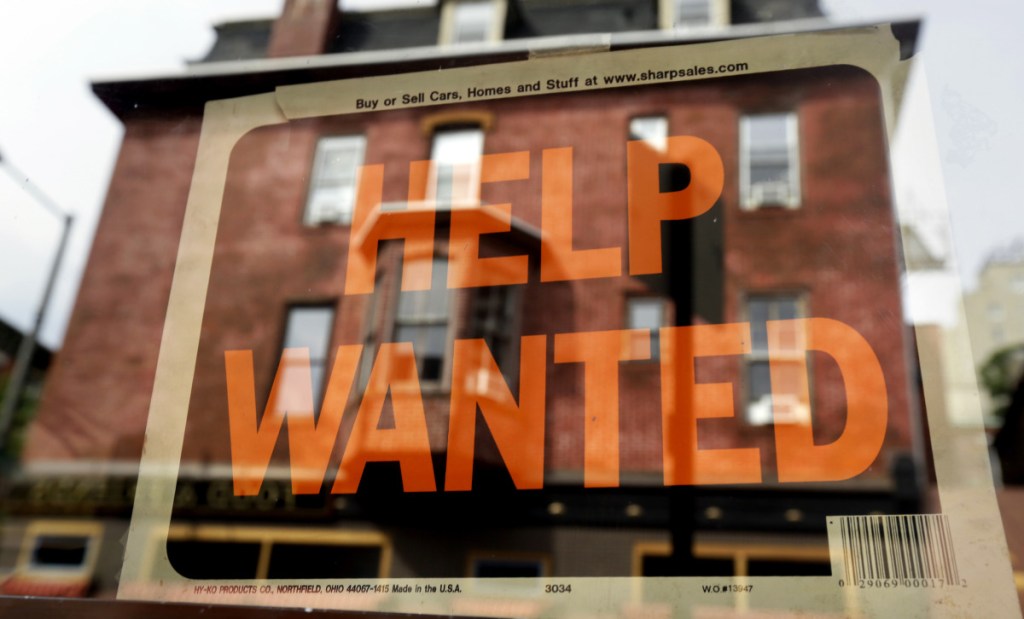In the final analysis, government is not the chief actor that gets the economy perking again after some kind of setback or the other, but our free enterprise system, entrepreneurs, American workers and, yes, industrial management.
But government can do a lot to slow things down, as was the case with the Obama administration, and it can unleash our exceptional oomph and ingenuity, as has been the case with the Trump administration.
It is amazing what President Donald Trump has done for the economy and what the economy has then done for the American people, a gift far beyond any welfare state offering. What has happened is beautifully summed up by African-Americans having the lowest unemployment record in history. And after President Barack Obama managed to degrade economic growth to 1.9 percent in his last year in office, we just witnessed second-quarter growth under Trump at an annual rate of 4.1 percent.
The issue is not that Obama did nothing positive, but that the recovery from the 2008 crash was the slowest since World War II. He worked hard at this. First of all he gave us massive debt, and then tax increases and intimations of more to come, a surefire message to businesses not to risk expansionary investments. Despite some leniency toward natural gas, there were all kinds of moves to deprive our industrial society of the energy it needed. The biggest hit, though, was regulatory mania as executed through a record number of major regulations doing dubious good.
What they unquestionably did do is cost businesses a fortune and lessen opportunities and prosperity for everyone else through complicated, twisted and bizarre demands. Some of the tens of thousands of pages micromanaging our behavior actually contradict one another. One thinks of Sen. George McGovern, who retired from public life, started a business and, looking at the regulatory mess he had to deal with, asked what in the world was he thinking of as a politician. Trump got it right. He deregulated to a historical degree.
In addition to freeing up our energy resources, Trump and the Republican Congress gave us tax reform that just might sustain this new growth level and significantly reduce our debt. Critics say it was just a handout to the rich, although the rich are now paying a higher percentage of overall taxes than they were, while average folks are paying less.
According to varied news accounts, it also overlooks the huge rise in corporate investment and how corporate tax breaks have led to higher profits that then have led to more government revenue. Reports have it that this was the biggest tax cut for small businesses ever, helping them join with corporations to induce far more jobs and slightly higher wages. Household wealth is up, and the jobless rate is 3.9 percent, the lowest in 18 years, while claims for unemployment insurance are the lowest since 1969. On top of all of this, Trump also wants a new program to train workers.
Sadness and danger pop into the story when we turn to Trump’s tariff interventions, such as high steel and aluminum hits on European and other imports that are already costing jobs, raising prices and leading to retaliation. Europe is not without guilt here. The European Union imposes a 10 percent tariff on our cars, while our tariff on the EU’s cars is just 2.8 percent, for example.
Keep in mind, though, that the EU just recently agreed to negotiations that could take us to zero tariffs on both sides while helping to hem in China without the kind of self-defeating trade war Trump has been instigating. There are more questions than answers in all of this, and Trump could still undo all the good he has accomplished if he does not calm down.
But what he has done so far is huge, and economic growth is about more than material goods. It can be about increased societal virtue, an important study shows, and we could do with some more.
Jay Ambrose is an op-ed columnist for Tribune News Service.
©2018 Tribune Content Agency, LLC
Distributed by Tribune Content Agency, LLC.
Send questions/comments to the editors.



Success. Please wait for the page to reload. If the page does not reload within 5 seconds, please refresh the page.
Enter your email and password to access comments.
Hi, to comment on stories you must . This profile is in addition to your subscription and website login.
Already have a commenting profile? .
Invalid username/password.
Please check your email to confirm and complete your registration.
Only subscribers are eligible to post comments. Please subscribe or login first for digital access. Here’s why.
Use the form below to reset your password. When you've submitted your account email, we will send an email with a reset code.